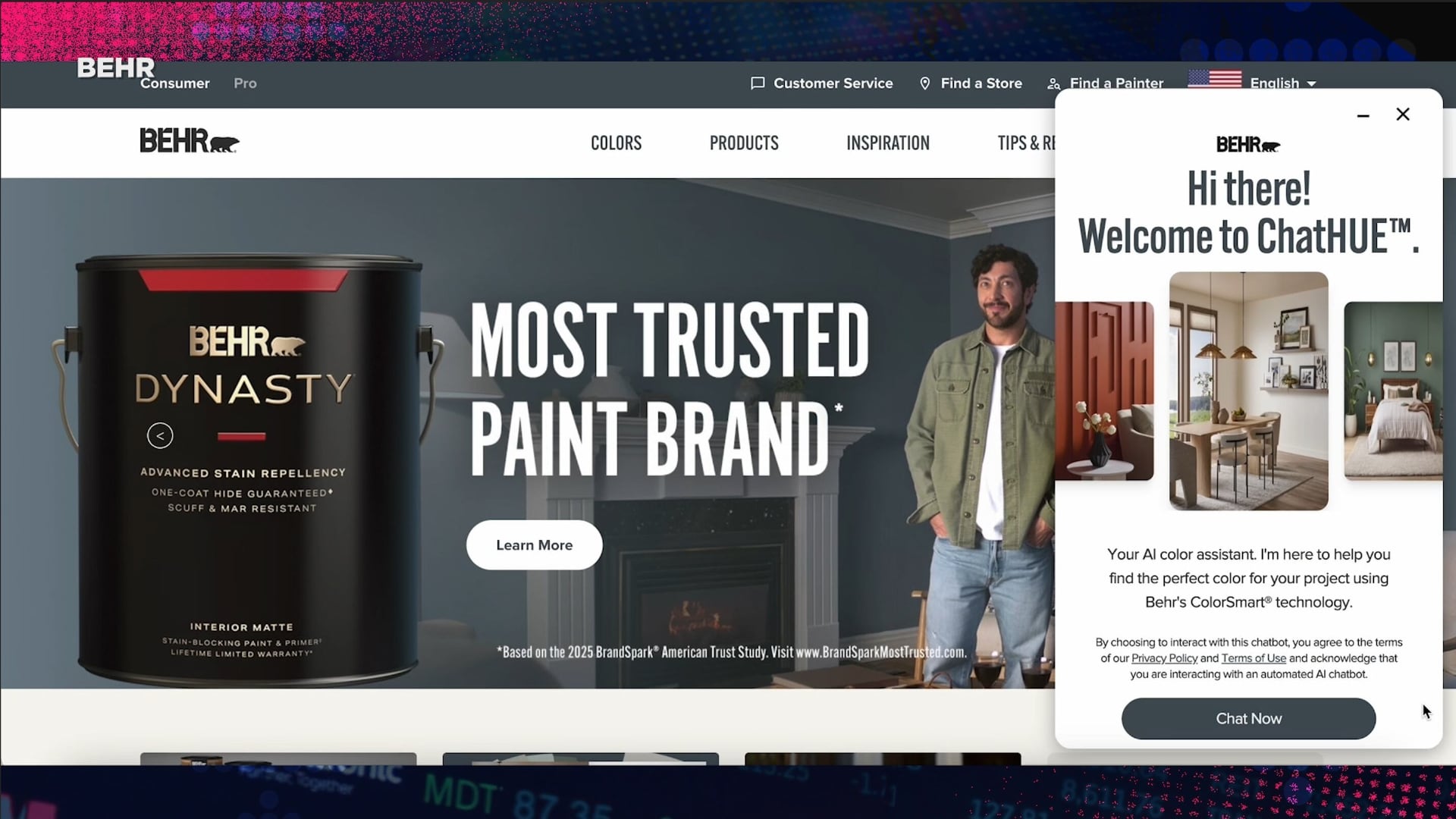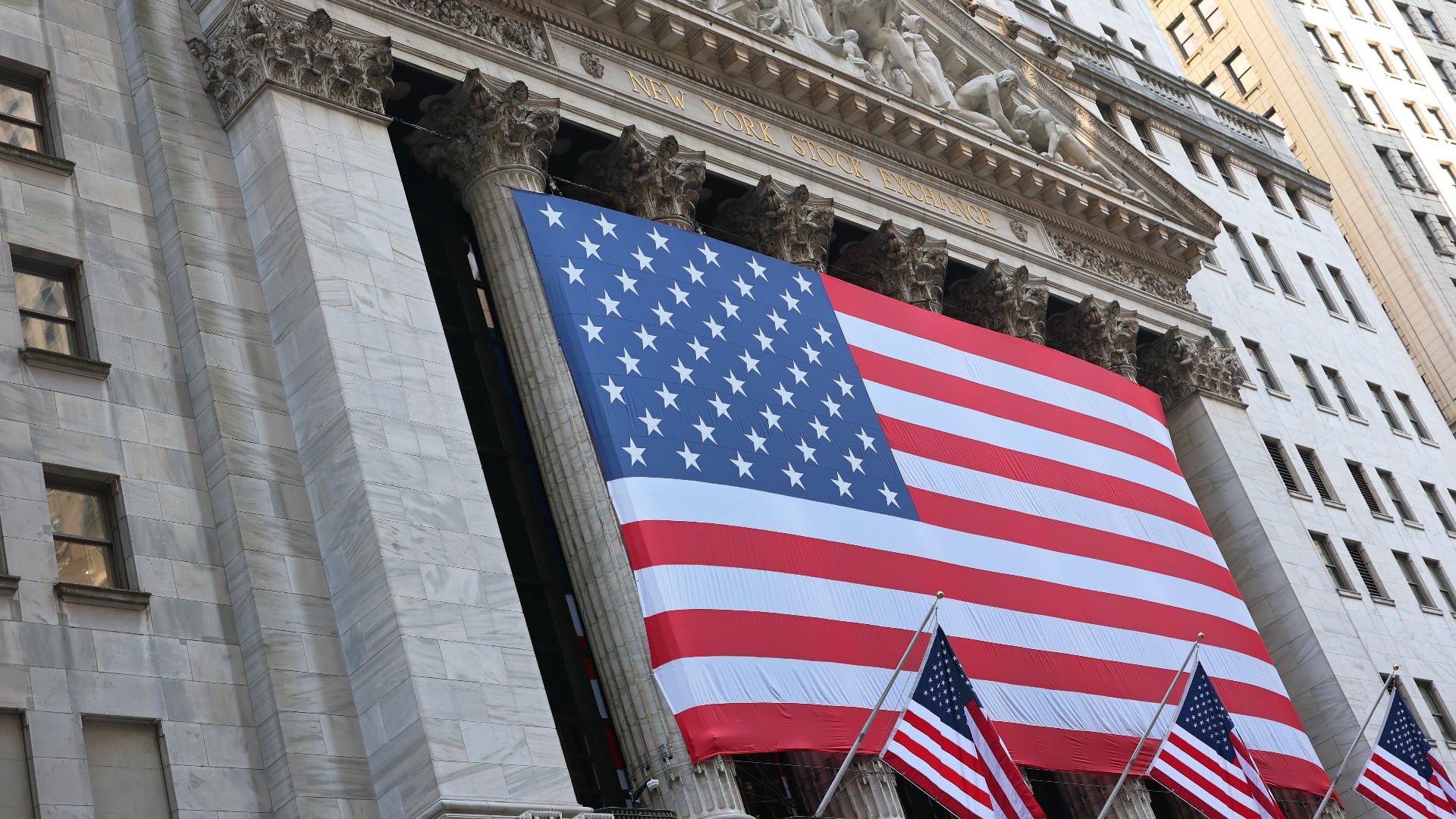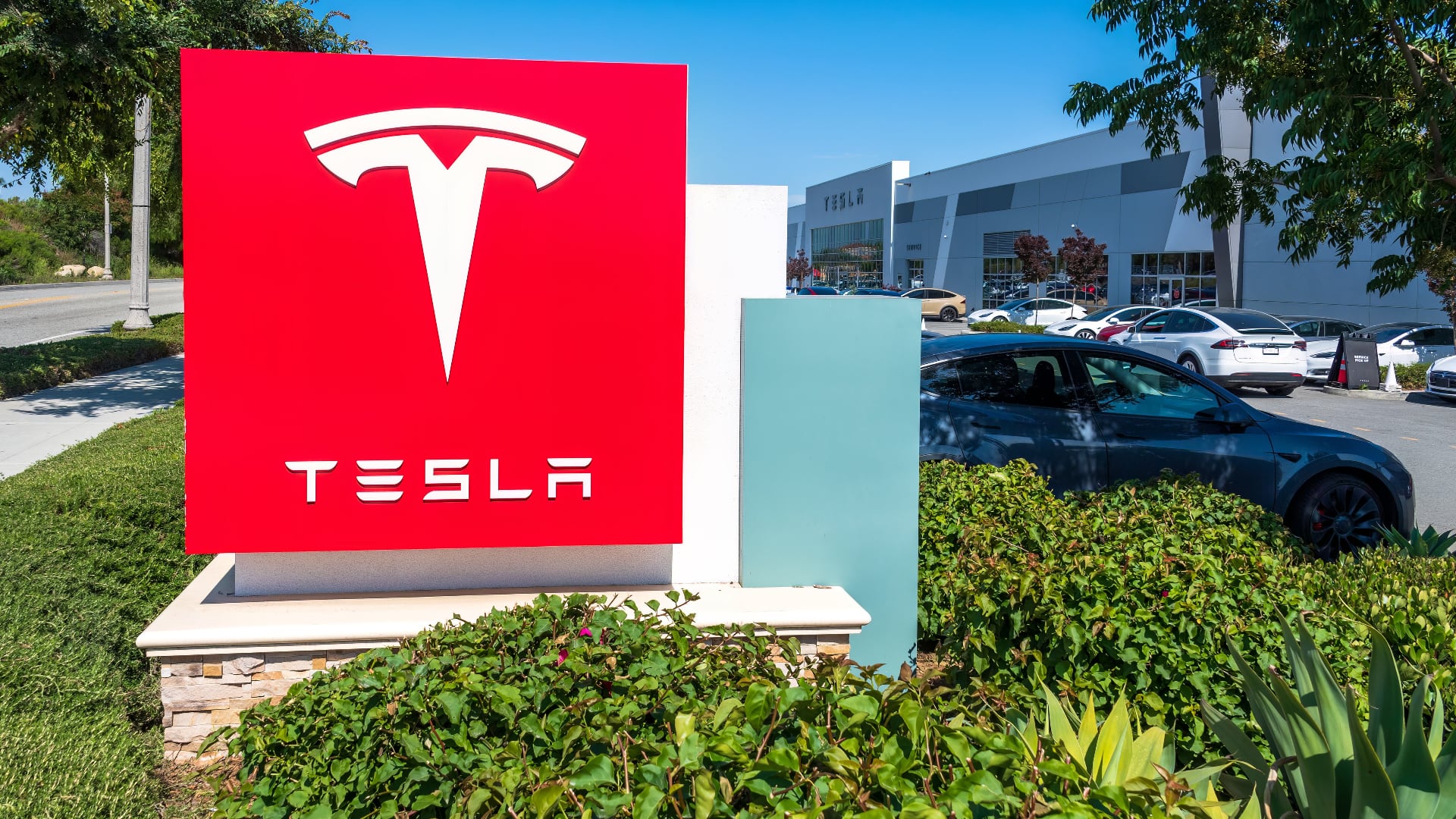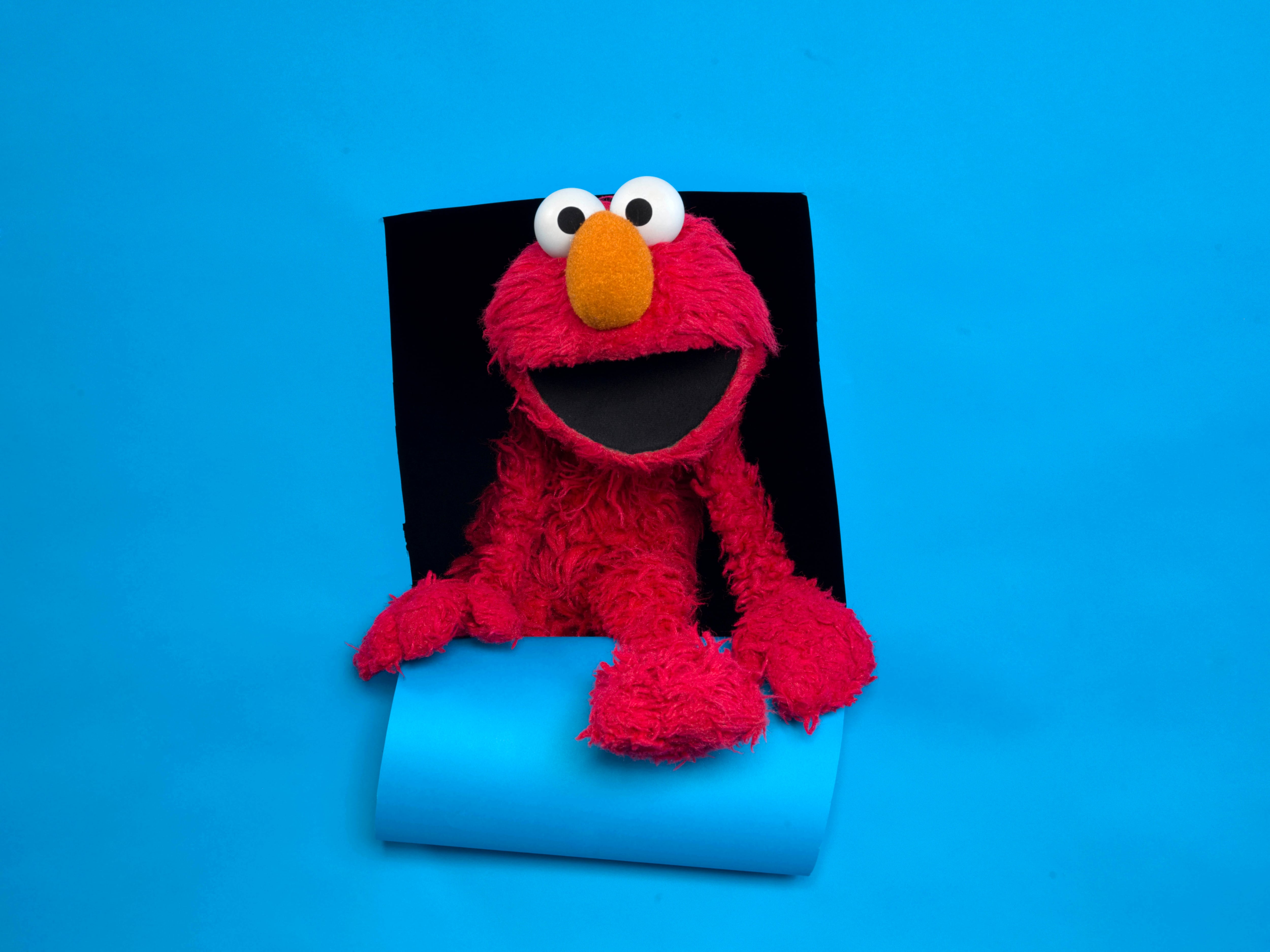The U.S. Army is modernizing its recruitment message in an effort to appeal to a younger generation of Americans placing a priority on purpose-driven careers.
"In the United States Army, we don't have a reverence issue," said Brigadier General Alex Fink, the Army's chief of enterprise marketing. "We have a relevance issue. So we needed to highlight those types of roles that you can play that might be more relevant to the Gen-Z audience."
The military brand launched a new ad campaign designed to introduce Generation Z to the diverse range of Army opportunities and build awareness among the country's youth. The campaign, called 'What's Your Warrior?' puts the spotlight on the Army's 150 careers and eight specialty areas including signal, air and space, cyber, science and medicine, engineering, support and logistics, intelligence, and ground combat.
"In the past, we have tended to focus on certain types of roles, particularly combat roles, but there's so many more things that we do," said Brigadier General Fink.
Brigadier General Fink told Cheddar the Army's disconnect with America's youth is not a consequence of political rift or related to who is in the White House.
"The challenges that we face are really not political at all. It's sort of a growing political civilian divide that we have just because there are fewer veterans that youth are connected to," he said. "And that leads to misconceptions."
Not everybody has to "fast rope out of a Black Hawk and go into combat right away," Brigadier General Fink said.
"Another piece is simply what life is like as a soldier. Can you own a pet? Can you get married? Do you have to live in the barracks? These are all misconceptions that we have."












